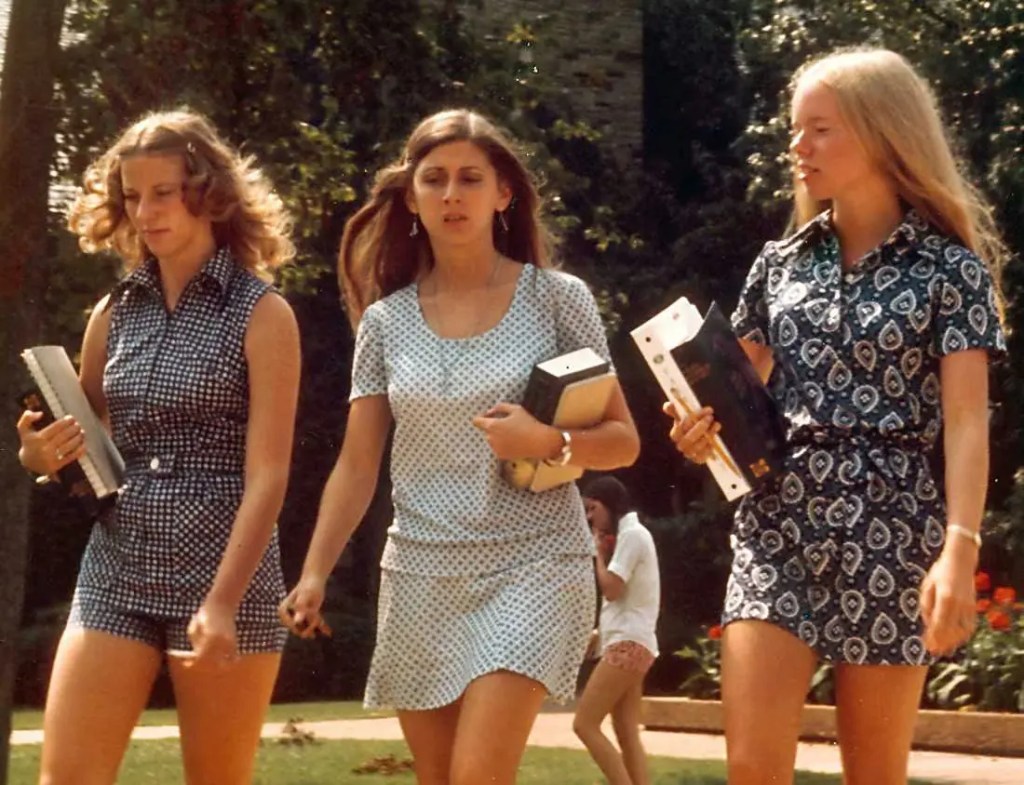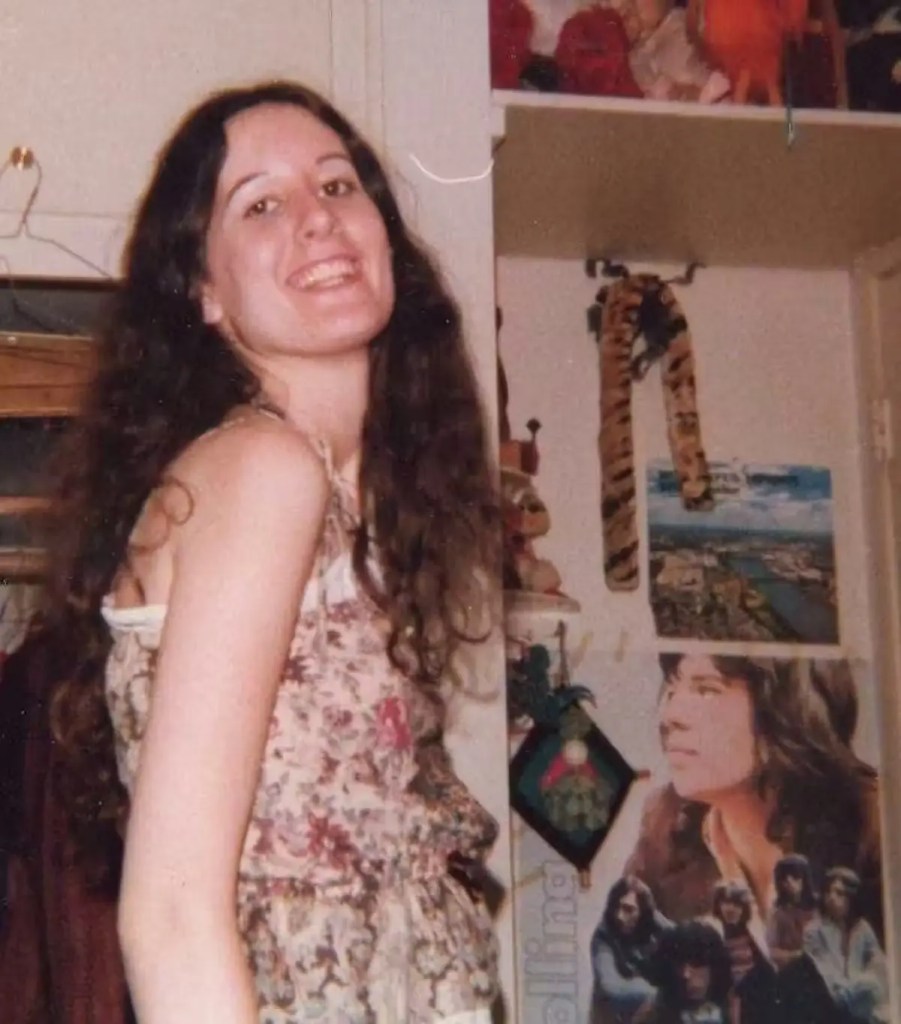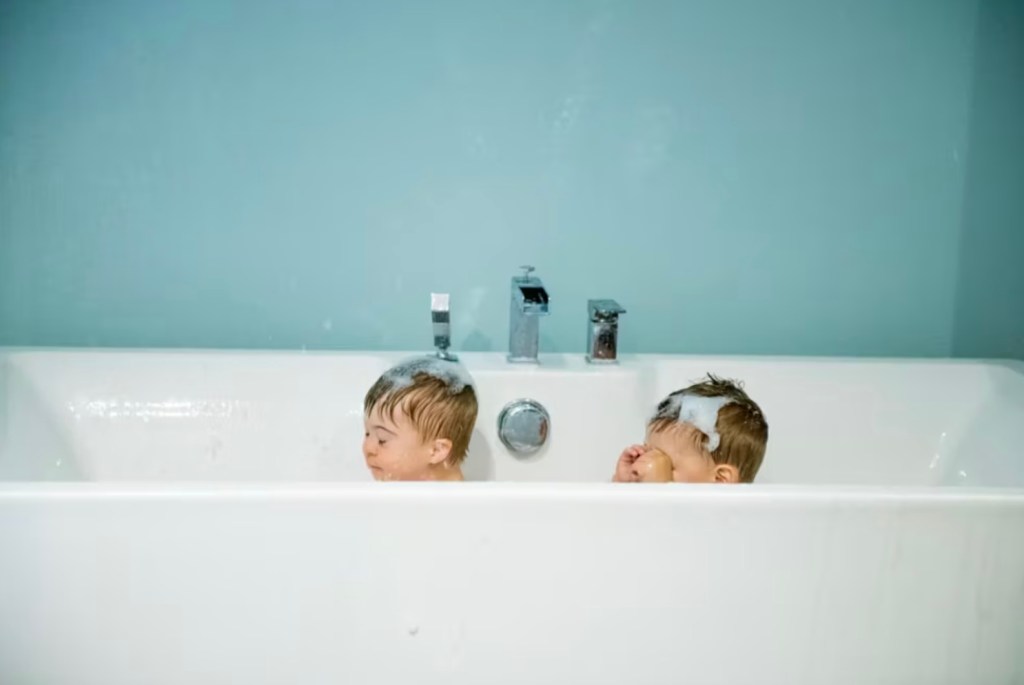One of the most important elements of a healthy relationship is the ability to communicate well.
It’s hard to have a happy long-term relationship without figuring out how to talk (and, yes, fight) in productive, healthy ways. In fact, research has shown that communicating effectively and openly is one of the key determinants of a stable, satisfying relationship. Almost half of divorced people say they plan to change how they communicate with their partner in their next relationship.
Photo by Charles McQuillan/Getty Images.
Some research shows that same-sex couples are particularly awesome at talking it out.
That’s something that Dr. Megan Robins picked up on when she was doing her dissertation research on couples coping with breast cancer diagnoses. Most of the couples in her study were heterosexual and of mixed genders, but the study also included seven lesbian couples.
“They [the same-sex couples] had this qualitatively more positive feel to them than the opposite-sex couples,” Dr. Robbins said in an interview. “It was only my impression, so I wasn’t coming to any scientific conclusion, but they did seem to laugh together more, to be a little bit closer and more positive.“
There was a problem, though: Robbins couldn’t find much other research on same-sex marriages.
“When I looked for background literature on same-sex couples, I came up really short. There was almost nothing there,” Dr. Robbins said. “There are certainly notable studies on same-sex couples out there, but we’re talking thousands of articles on opposite-sex couples compared to a handful on same-sex couples.”
Photo by Darren McCollester/Getty Images.
One of those “notable” studies she’s talking about is one of the only other studies out there on same-sex relationships and happiness. It’s a survey conducted by the Families and Work Institute and PriceWaterhouseCoopers, which found that gay couples don’t really pay attention to gender roles when they’re splitting up chores, and they’re better at communicating openly.
According to the study, people in same-sex relationships also tend to be better at fighting fair and at resolving conflicts well. They have more positive relationships, on average, likely because they treat each other more like equals and care less about adhering to gender stereotypes.
Researchers drew these important conclusions from a really small body of evidence, so there’s a lot more to learn.
That’s where Dr. Robbins’ new project comes into play. She’s launching a study that looks at LGBTQ and straight couples and their day-to-day interactions.
“The focus of this study is how these couples can support — and maybe in some cases hinder — each other’s health behaviors, things like smoking, drinking, and exercising. We know a lot about how heterosexual couples do this and what strategies work for them, but we know very little about how this information applies to same-sex couples,” she said.
I’m hoping this study is one of many more to come because it’s hugely important.
Often doctors and public health professionals aren’t trained to address the health issues of the LGBTQ demographic; they may ask the wrong questions, give bad advice, or say really insensitive things.
Photo by Ty Wright/Getty Images.
“LGBTQ people are at-risk [health-wise] in the first place, and we don’t know how to target them better, as far as couples go. I’m hoping that this information will help people to tailor interventions geared at improving health behaviors down the line,” Dr. Robbins said.
























